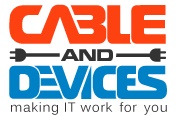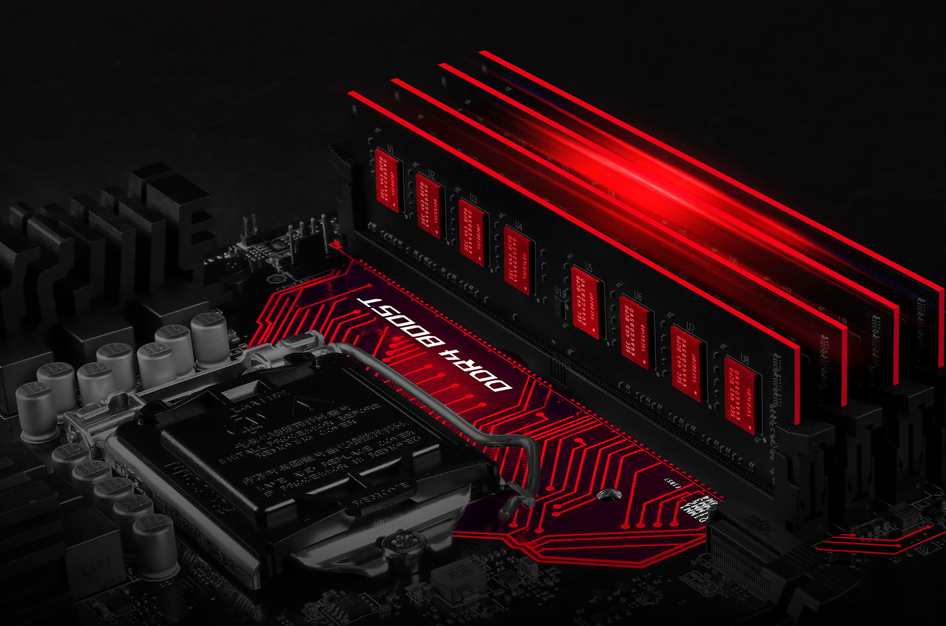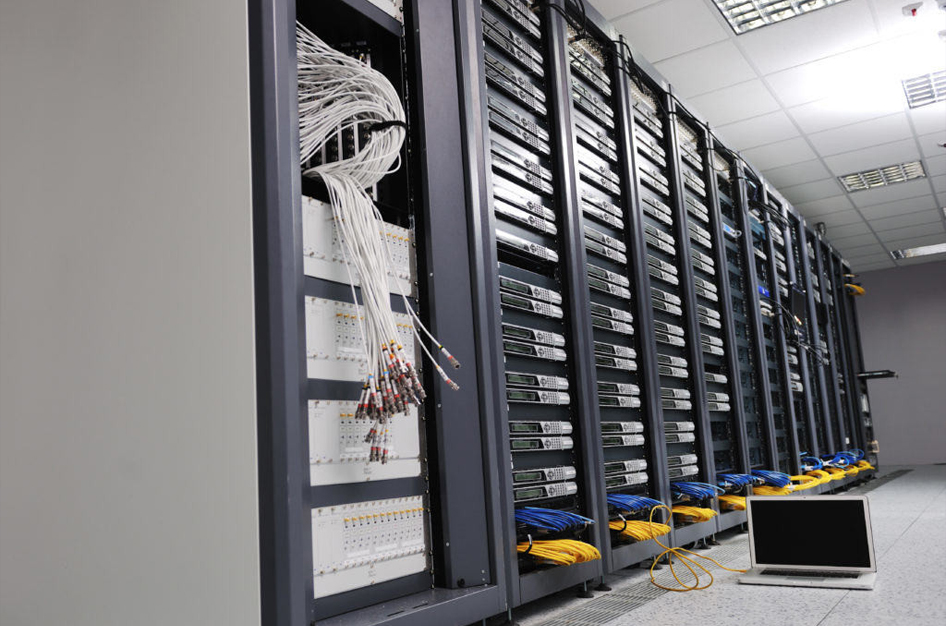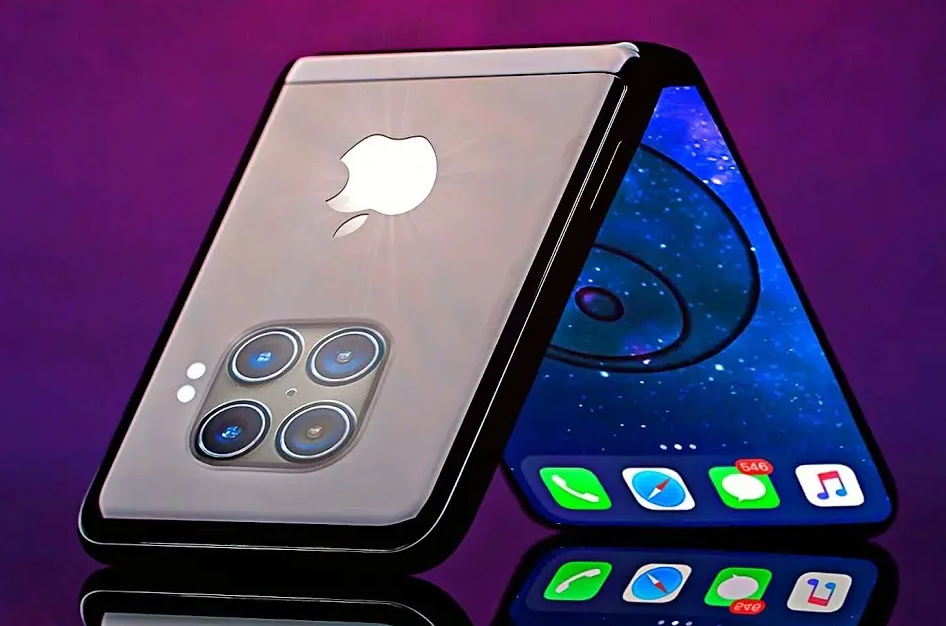Best Reliable Motherboard Manufacturers in 2021
Best Reliable Motherboard Manufacturers in 2021
Nowadays, the biggest question is how to choose a motherboard. Choosing the right motherboard for your needs and requirements can be daunting and is always an exercise that varies between factors. Budget is compared to performance and just depends on the processor on which you store the platform. Significantly, very few people choose their motherboard first and then the processor. This is useful because the picking of the processor appears to have a much bigger impact on your platform's performance. For non-tech savvy people, over-generalizing your platform is not a good idea. Not only does it cost a lot of money, but these super specs aren't always used. In this guide, we introduce you to better understand the reputation of some of the major guns in the motherboard market today:
ASRock
We'll start with one of the most successful motherboard manufacturers in the business; ASRock. This manufacturer is one of the few to focus on their motherboards despite returning to the GPU business. Recently, they introduced their Challenger and Taichi line on the RX 5700 / XT card. ASRock has a strange reputation for its products, especially as a legacy of its past as a GPU maker. Since refusing to become an independent company in 2002, ASRock has made some of the best and greatest motherboards in the business, and they appear to be less expensive than other motherboards of the same level of performance.
The price difference has been noted to have dropped somewhat with their latest model, but ASRock still seems to be great value for money while continuing to insist on delivering strong results and smart innovation with its motherboards. The biggest flaw we seem to hear with ASRock motherboards is the very annoying RGB Polychrome Sync software interface. This is a patented installation software for managing the RGB environment on the motherboard and with other processor accessories. Almost all RGB software is bad for everyone, and on the other hand, Polychrome Sync is terrible. Fortunately, in the latter case, once you've adjusted your accessory's RGB configuration to your liking, you hardly have to worry about it.
ASRock X570 Taichi
ASRock X570 Taichi is one of the best and most effective motherboards with an excellent value for money. And it happened to one of the most popular motherboard modules of all time. Like its predecessor, the X470 Taichi, ASRock gives this motherboard a substantial "mechanical" design that appears to have a pretty good RGB interface, a sturdy heat sink, and good overall performance. As for the cover, this VRM module is quite brilliant, especially considering its upcoming price. Currently selling at a reasonable price, this isn't the cheapest X570 motherboard console, but like its predecessor the Taichi X470, the Taichi is the best choice if you're looking for a high-end, mid-range motherboard with ASRock value and reliability.
MSI
As we all know, MSI is one of the major and well-known names in the manufacture of motherboards and other computer hardware in the market. From motherboards to GPUs to cases and built-in computers, you can use MSI almost anywhere! And while this can sometimes lead to shortening corners or creating a relatively affordable product, MSI maintains its fairly competent models from top to bottom. Due to its size, MSI is generally great for all budget levels and customers of all types, and has several high-end options, especially for users with special needs. Best of all, MSI also has several good value-for-money product lines (at least for some chipset models). For their latest release from MSI, the X570 chipset motherboard, they haven't been well received, largely due to their relatively poor performance, especially concerning the budget range. Aside from this particular motherboard model, MSI is a good overall manufacturer.
MSI-B450-Tomahawk
The greatest example of MSI's distinctive value proposition is the MSI B450 Tomahawk (MAX) motherboard module. The B450 Tomahawk has widely recognized as the only best-value motherboard in the entire B450 line thanks to its brilliant and outstanding VRM setup, great features, and a reasonable price of just $ 110. Recommended for chips from the internet in the entire Ryzen 2000 series, so it appears as social community legends like Reddit's r / buildapc. A large number of people have registered to recommend the B450 Tomahawk processor for the Ryzen 3000 series until computer users report problems updating their BIOS software. In response, MSI responded pleasantly and refreshingly; the lineup model of the Ryzen 3000 B450 MAX. The B450 Tomahawk MAX supports the same VRM setup significantly and ultimately updates its BIOS chip to support the newer and better BIOS required for the Ryzen Zen2 chip. This kind of quick response adds to the advantages of a large manufacturer like MSI.



